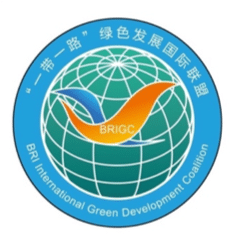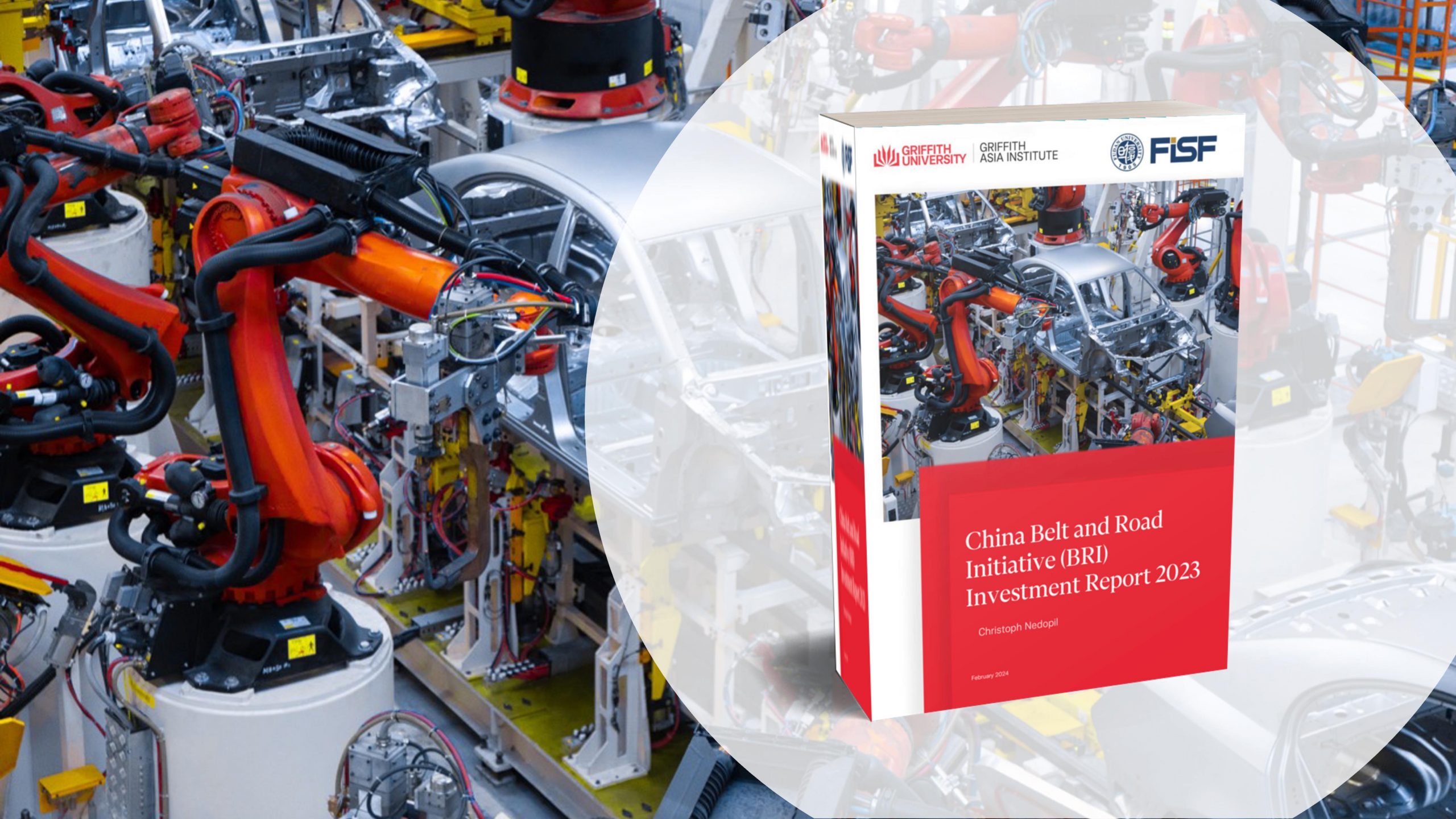The Belt and Road Initiative International Green Development Coalition (BRIGC) was established after the second Belt and Road Forum in April 2019. The BRIGC is supervised by the Chinese Ministry of Ecology and Environment (MEE) with its own secretariat.
The main goal of the BRIGC is
“to promote international consensus, understanding, cooperation and concerted actions to realize green development on the Belt and Road, to integrate sustainable development into the BRI through joint efforts and to facilitate BRI participating countries to realize SDGs related to environment and development.”
(BRIGC)
The BRIGC is open to participation to government departments, local and international organizations, think tanks, private sector stakeholders, civil society organizations.
Accordingly, over 130 Chinese and international organizations have joined the initiative, including:
| China | International |
| Belt and Road Environmental Technology Exchange and Transfer Center (Shenzhen) | Children Investment Fund Foundation (CIFF) |
| BRI GC Secretariat (within Ministry of Ecology and Environment) | ClientEarth |
| China Highway & Transportation Society (CHTS) | Energy Foundation |
| Chinese Academy of Environmental Planning | Environmental Defense Fund (EDF) |
| Global Energy Interconnection Development and Cooperation Organization (GEIDCO) | Global Green Growth Institute (GGGI) |
| International Institute of Green Finance (IIGF) | International Institute of Sustainable Development (IISD) |
| National Center for Climate Change Strategy and International Cooperation (NCSC) | International Union for Conservation of Nature (IUCN) |
| Transport Planning and Research Institute (TPRI) | Ministry of the Environment and Water Resources in Singapore |
| Tsinghua University | UNEP |
| World Business Council for Sustainable Development (WBCSD) | |
| World Resources Institute (WRI) | |
| WWF |
The work of the BRI GC is divided into 10 thematic partnerships:
- Biodiversity and ecosystem management
- Green energy and energy efficiency
- Green finance and investments
- Improvement of environmental quality and green cities
- South-south environmental cooperation and SDG capacity building
- Green technology, innovation and corporate social responsibility
- Sustainable transportation
- Climate change governance and green transformation
- Environmental legislation and standards
- Maritime community with a shared future and marine environment governance
The thematic partnerships are led by both Chinese and international partners. Each working group develops their own work plan and shares progress with the overall BRI GC.
The BRI GC meets regularly, for example in June 2019 in Hangzhou, at an event during the UN Climate Action Summit, in October at the Our Ocean Event, in December in Shenzhen.
Dr. Christoph NEDOPIL WANG is the Founding Director of the Green Finance & Development Center and a Visiting Professor at the Fanhai International School of Finance (FISF) at Fudan University in Shanghai, China. He is also the Director of the Griffith Asia Institute and a Professor at Griffith University.
Christoph is a member of the Belt and Road Initiative Green Coalition (BRIGC) of the Chinese Ministry of Ecology and Environment. He has contributed to policies and provided research/consulting amongst others for the China Council for International Cooperation on Environment and Development (CCICED), the Ministry of Commerce, various private and multilateral finance institutions (e.g. ADB, IFC, as well as multilateral institutions (e.g. UNDP, UNESCAP) and international governments.
Christoph holds a master of engineering from the Technical University Berlin, a master of public administration from Harvard Kennedy School, as well as a PhD in Economics. He has extensive experience in finance, sustainability, innovation, and infrastructure, having worked for the International Finance Corporation (IFC) for almost 10 years and being a Director for the Sino-German Sustainable Transport Project with the German Cooperation Agency GIZ in Beijing.
He has authored books, articles and reports, including UNDP's SDG Finance Taxonomy, IFC's “Navigating through Crises” and “Corporate Governance - Handbook for Board Directors”, and multiple academic papers on capital flows, sustainability and international development.





Comments are closed.